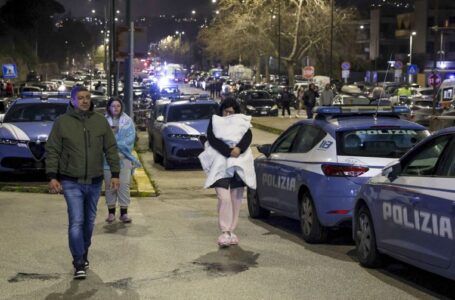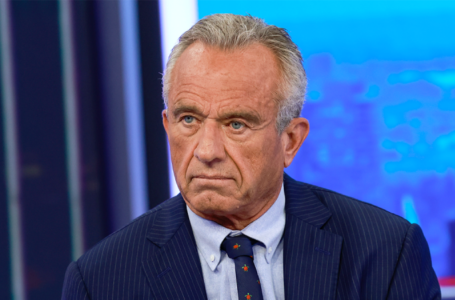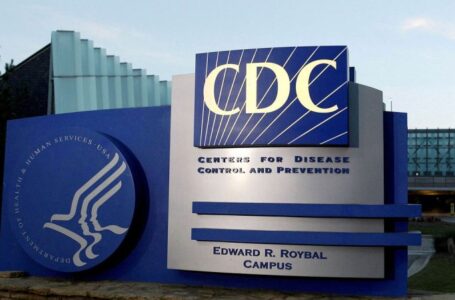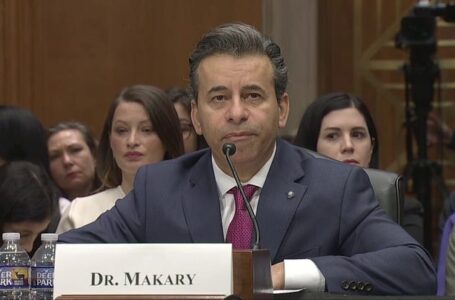Naples residents camp out after 4.4 magnitude earthquake hits amid weeks of seismic activity
Polio vaccines are coming to Gaza, but for this baby boy, its first case in 25 years, they’re too late
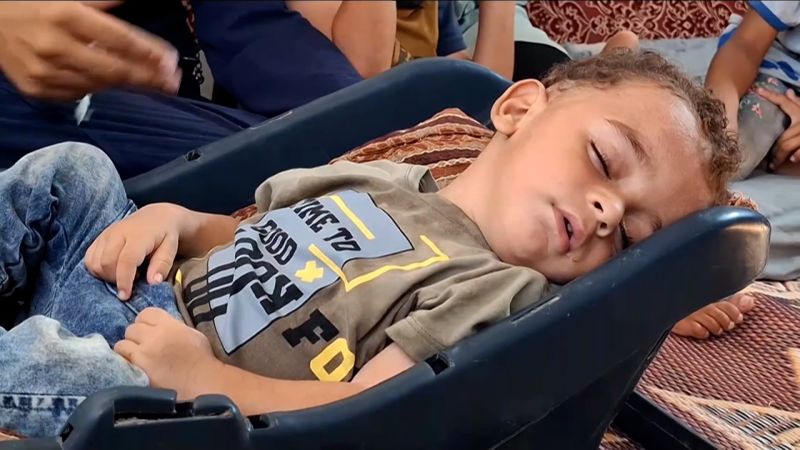

Abdul Rahman sleeps in a battered car seat, rocked by his mother Niveen Abu al-Jidyan. For the moment, he’s blissfully unaware of the drones overhead, or the incurable disease crippling his body.
Abdul Rahman is the first person in Gaza in 25 years to be diagnosed with polio – once one of the world’s most feared diseases, but now easily preventable with a vaccine.
Polio mostly affects children under 5 years old, and can cause irreversible paralysis and even death. It’s highly infectious and there is no cure; it can only be prevented by immunization, according to the World Health Organization (WHO).
As a precaution, the Israeli military is already vaccinating troops on operations in Gaza.
But Abdul Rahman was not so lucky. Living amid war, he has not been able to receive the standard infant immunizations that would have protected him. Polio vaccination is generally recommended to begin within a few months of birth.
Before the war, Gaza had near-universal vaccine coverage, but it has since dropped to just over 80%.
The resurgence of the virus – eliminated in most of the developed world – highlights the struggles facing Gaza’s two million residents, who have lived under Israeli bombardment since October last year. Many people in the enclave are deprived of food, medical supplies and clean water, with up to 90% of the population internally displaced.
To curb the outbreak, WHO says it will launch alongside UN children’s agency UNICEF a mass vaccination drive to inoculate 640,000 children under the age of 10 in the besieged enclave.
Vaccine coverage needs to reach around 95% of the targeted population to prevent polio from spreading. If the vaccination drive fails to reach that threshold, WHO warns it would be “just a matter of time” before polio infects thousands of children in Gaza.
But an operation of that scale under an ongoing Israeli military offensive that has killed more than 40,000 people and crippled infrastructure across the Palestinian enclave means the effort will likely be plagued with challenges – like the repeated evacuation orders that have forced thousands to flee their homes.
“We previously had 22 health centers across Gaza, only five of those are currently functioning. Bombardments in all areas of the Gaza Strip (mean there is) an increasingly shrinking space in which we’re able to operate.”
The vaccination drive will begin on August 31 if conditions allow.
COGAT, the Israeli government agency that coordinates movement into and out of Gaza, says it has allowed more than 25,000 vials of the polio vaccine into the strip, along with cooling equipment needed to keep the medicine at the required temperature.
But it is already too late for Abu al-Jidyan and her son.
“I feel helpless. It is difficult for me and the doctors because the situation is very bad,” she said.
All she wants now is for her boy to be able to walk. While there’s no cure for polio, there are treatments that can help alleviate the symptoms – but these will be hard to find for the Abu al-Jidyan family given the state of Gaza’s battered healthcare system.
From his mother, a plea: “Take him abroad for treatment or find a solution so my son can start walking and start moving again.”

